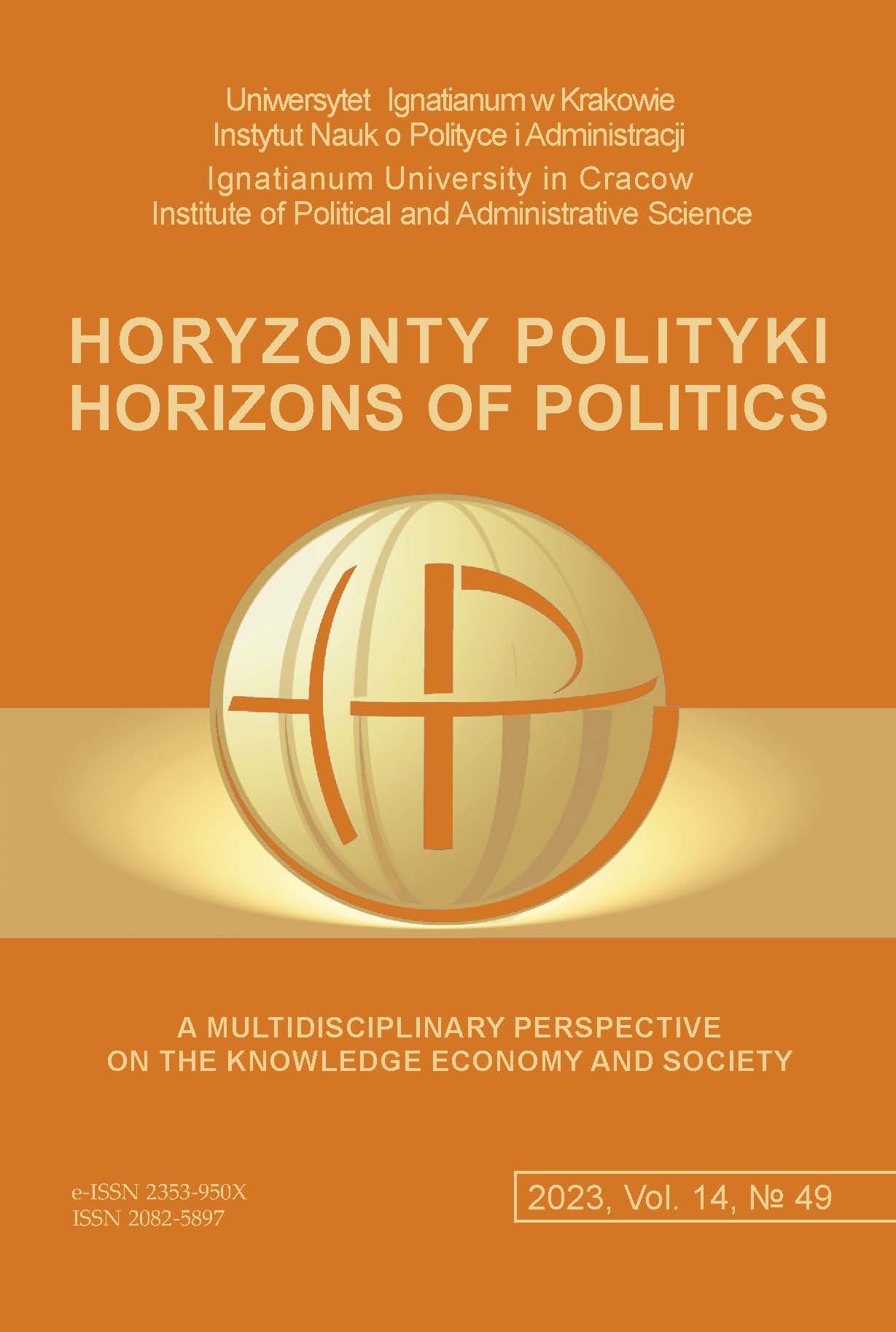Selective knowledge concealment – the influence of culture and mental models vs. the ability to share knowledge
Selective knowledge concealment – the influence of culture and mental models vs. the ability to share knowledge
Author(s): Radwan Kharabsheh, Joanna MałeckaSubject(s): Applied Sociology, Social development, Management and complex organizations, Crowd Psychology: Mass phenomena and political interactions, Social Informatics
Published by: Uniwersytet Ignatianum w Krakowie
Keywords: selective knowledge concealment ; knowledge management ; mental models ; explicit and tacit knowledge;
Summary/Abstract: RESEARCH OBJECTIVE: Knowledge management (KM) issues support the possibility of achieving competitive advantage. However, it is not a simple process, as knowledge sharing does not come naturally. Hence, there is a need for research on individual, team and organisational antecedents using a wider range of methods. Investigating the causes of selective knowledge concealment is the main objective of the article, as well as the impact of organisational culture and the determinants of knowledge concealment or sharing by employees.THE RESEARCH PROBLEM AND METHODS: Individual in-depth interviews were conducted with managers and employees to collect empirical data, while thematic content analysis was used to analyse the collected data and draw conclusions.THE PROCESS OF ARGUMENTATION: Perceptions of the world and of organisations are shared by people from a given environment. Mental models take into account the multifaceted nature of the phenomena under study: perception, focus and experience. The beliefs held by employees are important because they imply management actions at all levels: tactical, operational and strategic.RESEARCH RESULTS: Employees do not hide their knowledge automatically but selectively. They subliminally assess the value of the knowledge sought, the value of the seeker, the immediate situation and wider contextual and organisational factors. Interestingly, respondents surveyed were more likely to share knowledge with foreign colleagues from a different national culture than with colleagues of the same nationality and cultural background.CONCLUSIONS, INNOVATIONS AND RECOMMENDATIONS: A number of recommendations of an applied nature were presented in the article. It is important to create a common willingness to share knowledge among employees. A skilful increase in social capital should foster a decrease in the concealment of valuable knowledge and at the same time increase the extent of sharing. An efficient reward system, individually designed for the needs of the organisation, could support this process.
Journal: Horyzonty Polityki
- Issue Year: 14/2023
- Issue No: 49
- Page Range: 73-91
- Page Count: 19
- Language: English

